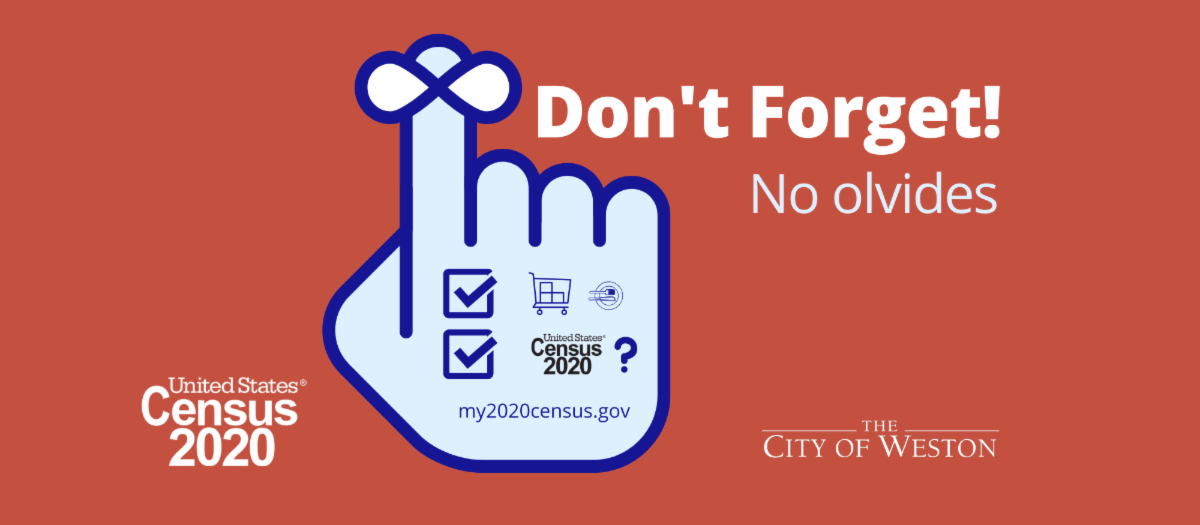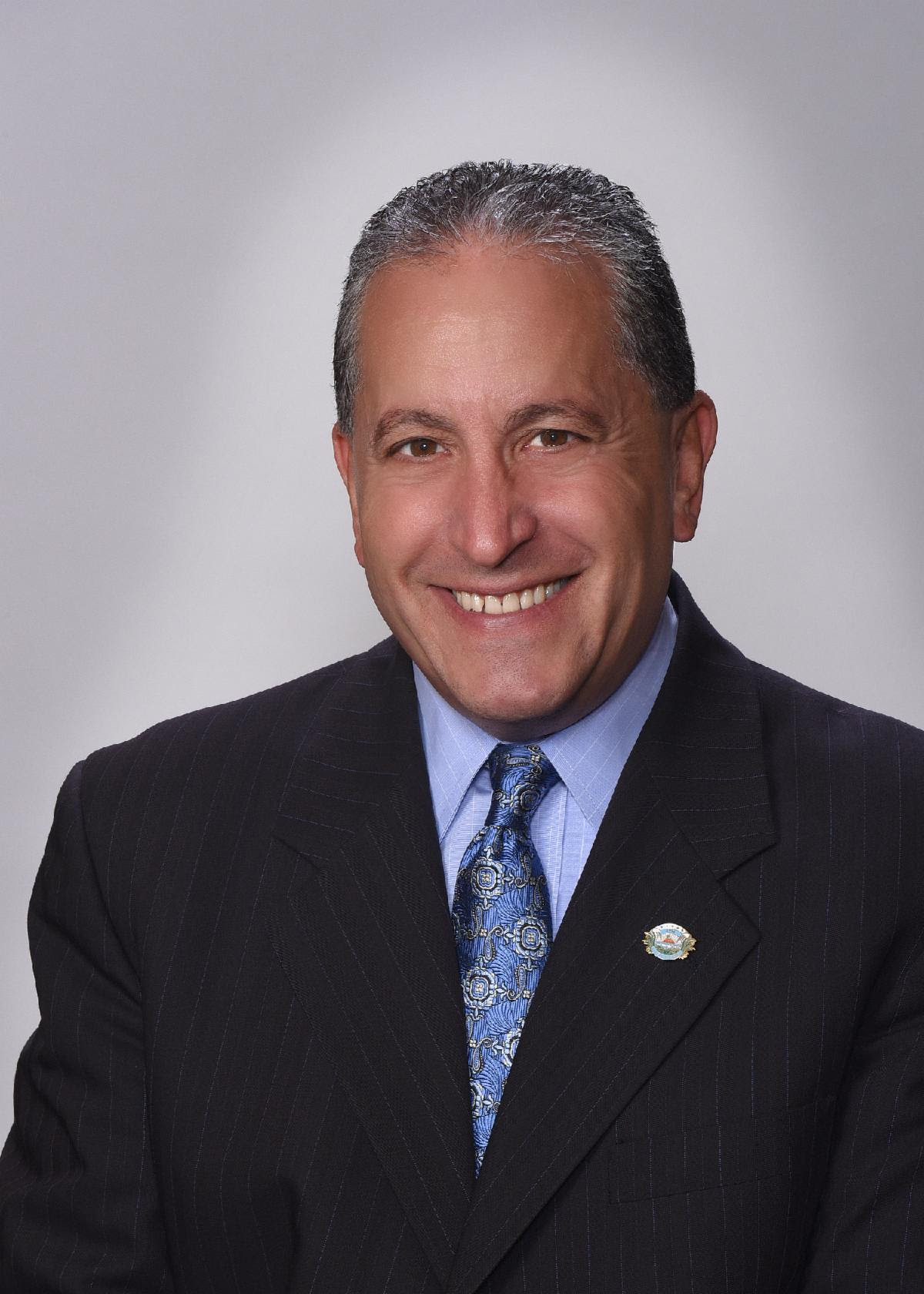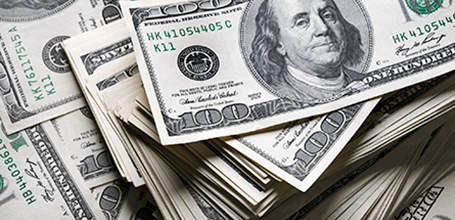|
La mayoría de los pagos se enviarán automáticamente.
Los contribuyentes que presentaron su declaración de impuestos de 2019 y solicitaron el depósito directo de su reembolso, el IRS usará esta información para calcular y enviar su pago. Aquellos que no proporcionaron información de depósito directo o que adeudan impuestos, pueden usar la aplicación Obtener mi pago para proporcionar información de la cuenta o se enviará un pago por correo. Para aquellos que no han presentado su declaración de 2019, el IRS usará su declaración de impuestos de 2018 para calcular y enviar el pago.Presentar una declaración de impuestos ahora puede ayudar a los que tienen el requisito de presentar.
Cualquier contribuyente elegible con un requisito de presentación (en inglés) que no haya presentado su declaración de 2018 o 2019 debe presentar su declaración de impuestos de 2019 tan pronto como sea posible para recibir su pago de impacto económico. Los contribuyentes pueden usar la herramienta Asistente Tributario Interactivo - ¿Necesito presentar una declaración de impuestos? (en inglés) - para determinar si están obligados a presentar una declaración de impuestos federales o deben presentar para recibir un reembolso.La presentación electrónica es la manera más fácil, segura y eficiente de presentar una declaración de impuestos de 2019. Free File del IRS proporciona a los contribuyentes elegibles software en línea para presentar electrónicamente su declaración de impuestos de gratis. Este programa está disponible solo en IRS.gov para contribuyentes que ganaron menos de $69,000 en 2019. Los contribuyentes deben incluir información bancaria de depósito directo para su reembolso cuando presenten.
Quienes no suelen presentar una declaración de impuestos pueden tener que proporcionar información al IRS.
Las personas que normalmente no presentan una declaración de impuestos deben usar la herramienta Non-Filers: Enter Payment Info Here para proporcionar al IRS información básica para obtener su pago de impacto económico tan pronto como sea posible.Los beneficiarios elegibles del Seguro Social (incluye SSDI y SSI), Veteranos y Jubilación Ferroviaria no necesitan presentar una declaración de impuestos o proporcionar información para obtener un pago. Sin embargo, para agregar los $500 por niño elegible a estos pagos, el IRS necesita la información de los dependientes antes de que se emitan los pagos. De lo contrario, su pago en este momento será de $1,200 y, por ley, el monto adicional de $500 por niño elegible se pagaría en asociación con una presentación de declaración para el año tributario 2020. Los contribuyentes deben proporcionar esta información a través de la herramienta Non-Filers: Enter Payment Info Here en IRS.gov. El IRS necesita la información del dependiente antes de que se emitan los pagos.















